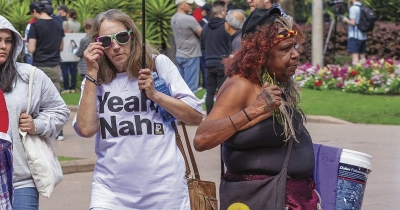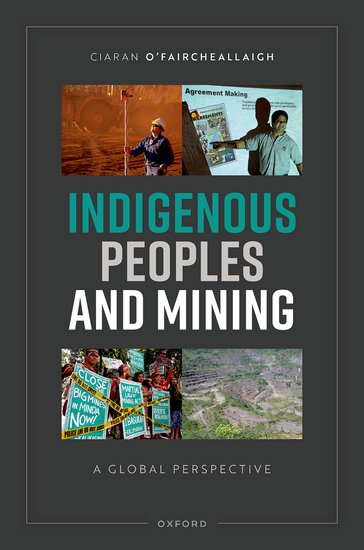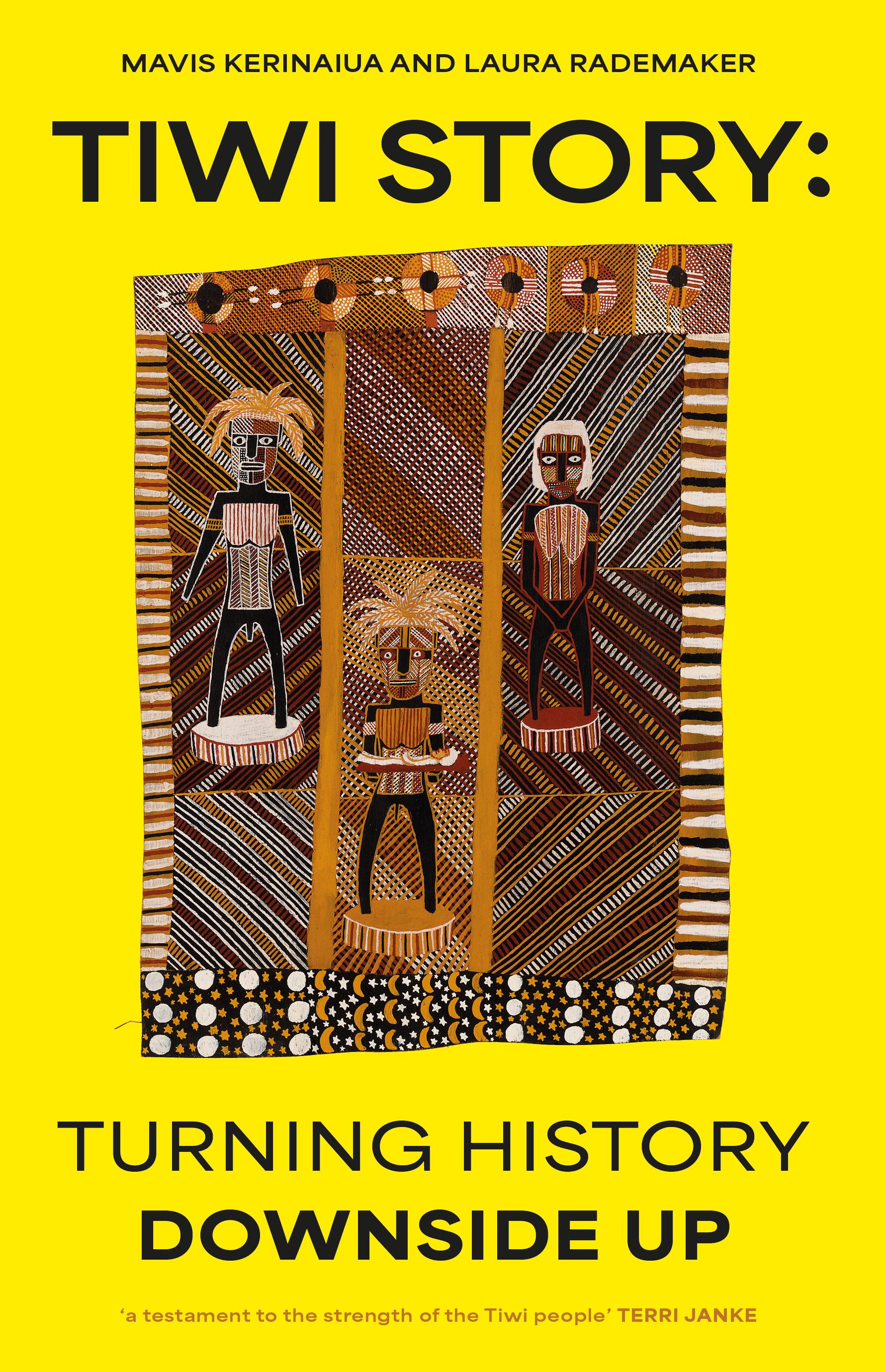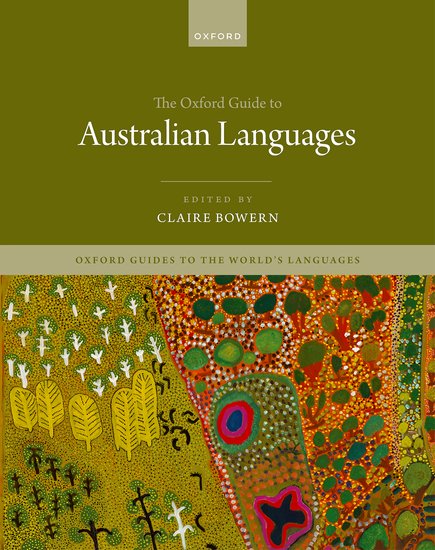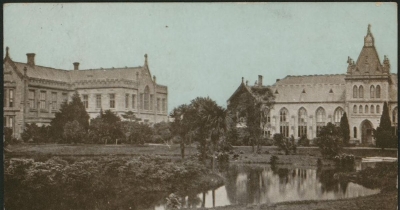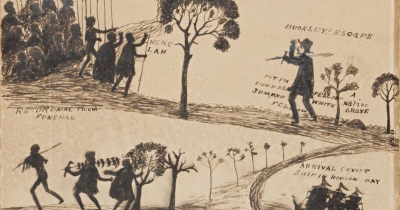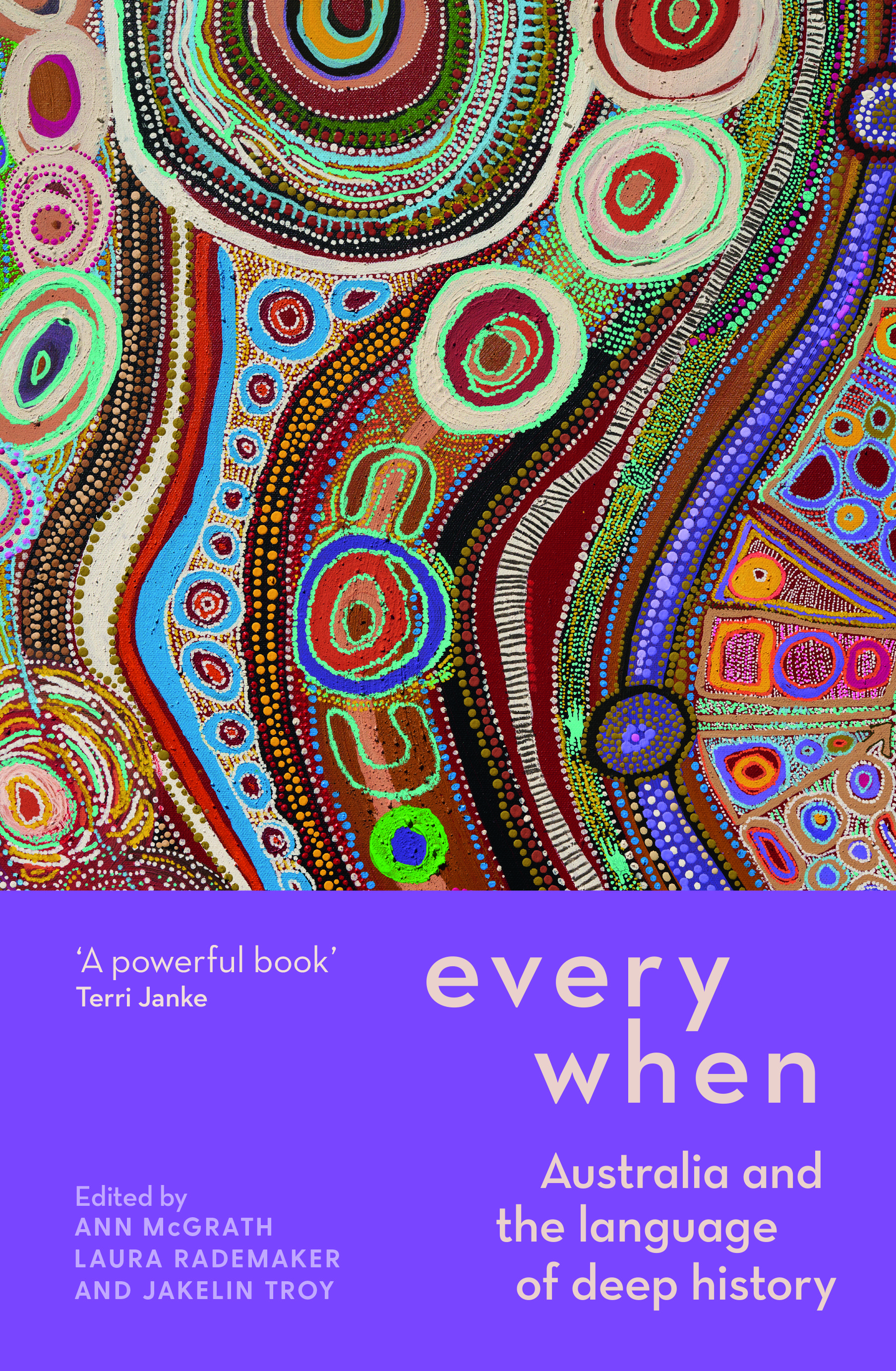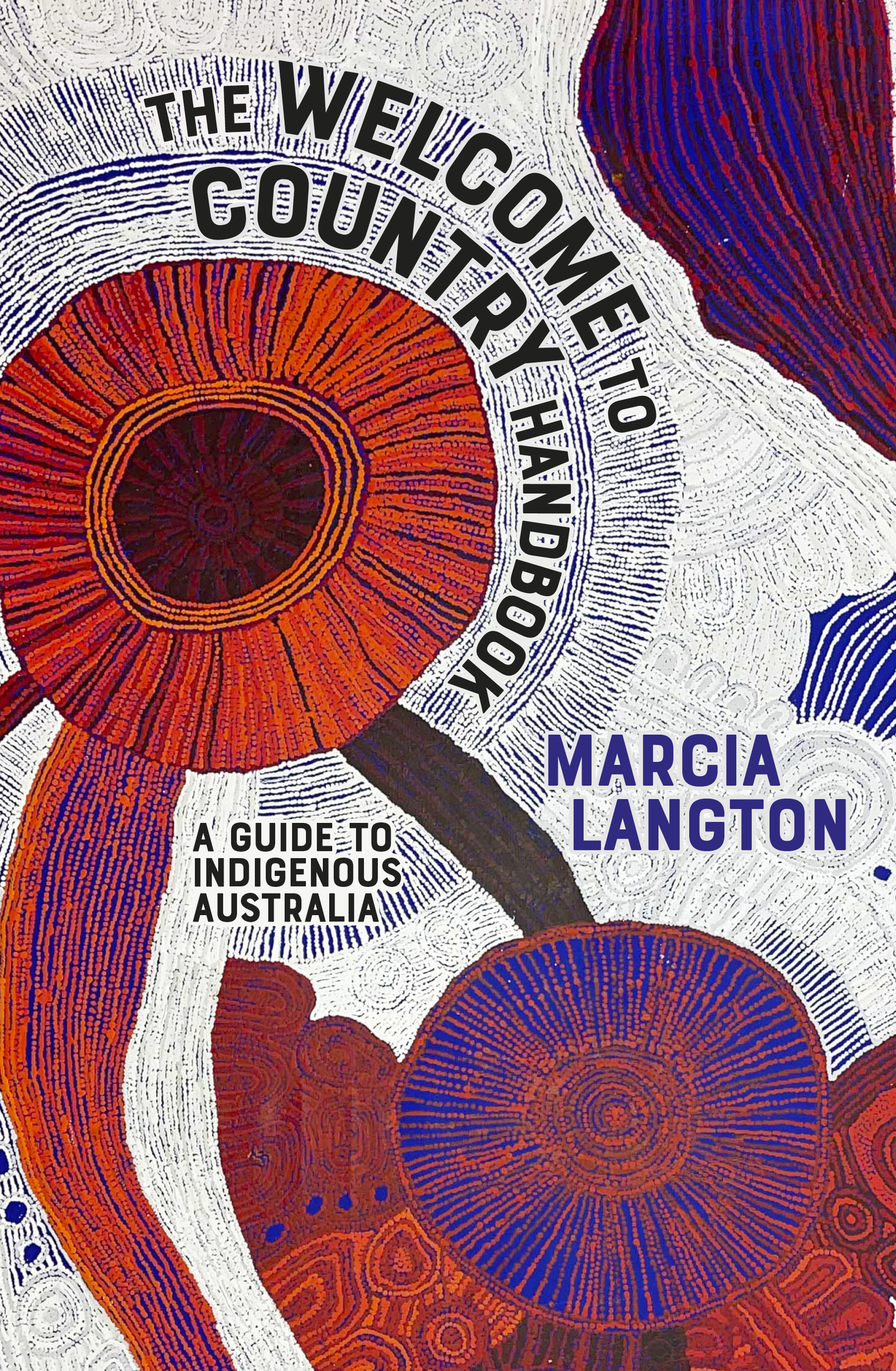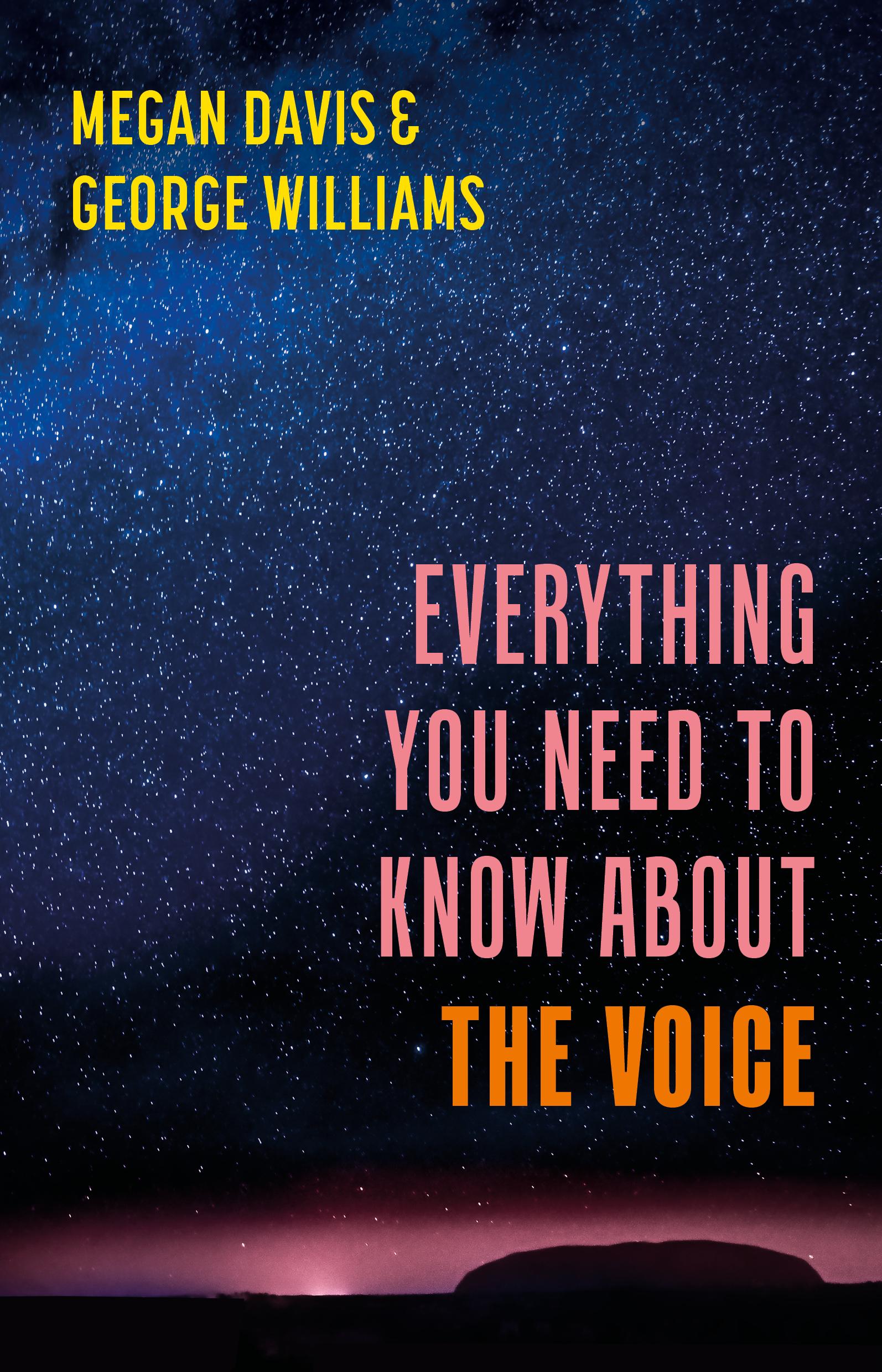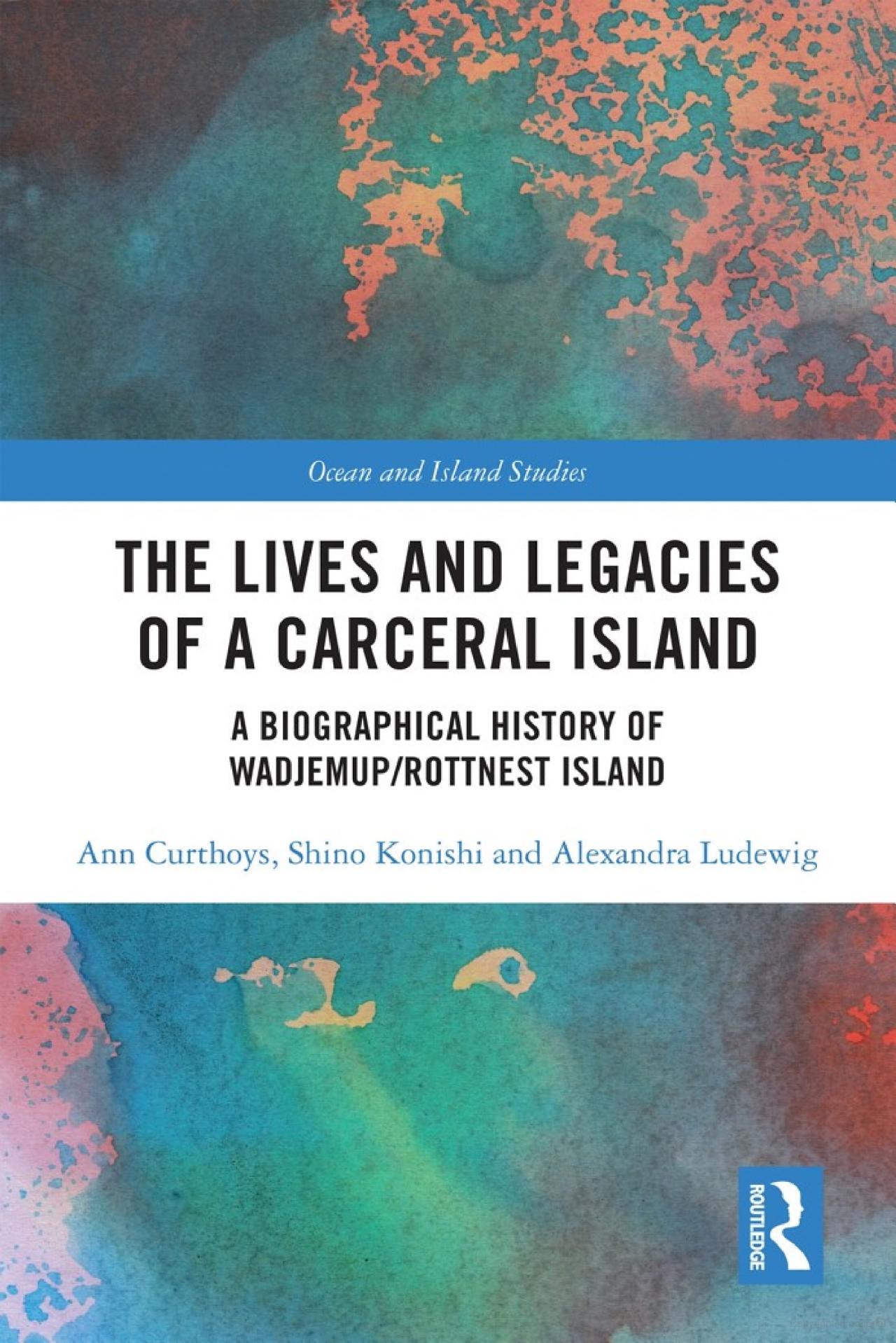Indigenous Studies
Do you know whether Aboriginal and Torres Strait Islander peoples are recognised in your state Constitution? If you responded with a mental shrug and a muttered ‘No idea’, then you would fall within the vast majority. In fact, from 2004 to 2016, each Australian state amended its Constitution to insert recognition of their Indigenous peoples. Yet the effect has been negligible and hardly anyone knows it happened. Why?
... (read more)Indigenous Peoples and Mining: A global perspective by Ciaran O'Faircheallaigh
Recently, mining giant Rio Tinto disturbed another ancient rock shelter in Australia’s Pilbara during a routine blast designed to ‘mimic’ the natural environment. This time, the company announced its transgression before it hit the headlines, presumably to avoid the kind of public outrage it faced after the Juukan Gorge incident in May 2020. What compelled Rio Tinto to admit wrongdoing, and to what effect? Does this pre-emptive mea culpa signal a new corporate sensitivity to Aboriginal culture and heritage, or is it a strategy to placate the Australian public so mining can continue? Analysing the factors that both enable and constrain mining on Indigenous peoples’ lands is the focus of Ciaran O’Faircheallaigh’s book Indigenous Peoples and Mining: A global perspective.
... (read more)Tiwi Story by Mavis Kerinaiua and Laura Rademaker & The Old Songs Are Always New by Genevieve Campbell with Tiwi Elders and knowledge holders
Just to north of Darwin is the country of the Tiwi people, spread over Bathurst and Melville Islands. These two new books give voice to Tiwi oral traditions and to the power and resonance within that tradition of orality that encompasses song, narrative, and the ways in which they sustain family and relationships to ancestors and to kin.
... (read more)The Oxford Guide to Australian Languages edited by Claire Bowern
Kado Muir – a Ngalia man – will never be able to have another conversation in his mother tongue. He tells the story of witnessing each of his elders dying and, in the process, his language. Successively, he had fewer and fewer people to communicate with. In the case of his language community, younger contemporaries shifted to English as the language exerted its colonial power – until at last Kado Muir became the last speaker of Ngalia.
... (read more)Like the nation at large, the University of Melbourne has a troubling history. Stretching back to Victoria’s early colonisation, that history is entwined with the oppression and dispossession of Australia’s Indigenous peoples.
... (read more)Who’s your mob?
In his 1968 Boyer Lectures, After the Dreaming, anthropologist W.E.H. Stanner lamented that Aboriginal and Torres Strait Islander Peoples had been omitted from narratives of the nation’s past. Contending that this omission was ‘a structural matter’, he likened Australian history to ‘a view from a window which has been carefully placed to exclude a whole quadrant of the landscape’. He proposed that the kinds of stories which could bring Indigenous history into view for Australian readers would focus on the lives of individuals.
... (read more)Everywhen: Australia and the language of deep history edited by Ann McGrath, Laura Rademaker, and Jakelin Troy
It can take an enormous intellectual effort for non-Indigenous people (such as this reviewer) to grasp Indigenous concepts of time. This is partially due to what Aileen Moreton-Robinson has described as the incommensurability of Indigenous and Western epistemological approaches. In settler-colonial terms, land is a resource to be appropriated, surveyed, and exploited. Temporality is generally used to situate the colonisation event, the before and after, from a perspective where time is linear and forward-looking. By contrast, in Indigenous cosmological approaches, land, culture, and time are co-dependent and in perpetual conversation. Country and time are indivisible.
... (read more)The Welcome to Country Handbook: A guide to Indigenous Australia by Marcia Langton
Walking into Sydney’s iconic Abbey’s Bookshop, I noticed a prominent display of books devoted to the campaign to recognise Indigenous peoples in the Australian Constitution. Some of the books were new to me; all were written with great care and doubtless published for the moment. Marcia Langton’s The Welcome to Country Handbook: A guide to Indigenous Australia wasn’t among them, perhaps because of its newness, perhaps because it transcends the moment, its title signposting a broader remit. Langton’s wide-ranging knowledge, irrepressible curiosity, and longstanding engagement with culture, education, and politics bring a breadth to the work that few others could offer.
... (read more)Everything You Need to Know About the Voice by Megan Davis and George Williams
As I read Everything You Need to Know about the Voice, I was acutely conscious of the significance of the timing – just weeks before Australians are due to vote in a referendum on whether we should establish a constitutionally enshrined First Nations Voice to parliament or not. Over the months leading up to the referendum, we have witnessed a significant rise in lies, disinformation, and misinformation, all intended to influence voters, and hence the outcome. This book provides timely and essential reading that rebuts the tide of misinformation.
... (read more)The Lives and Legacies of a Carceral Island: A biographical history of Wadjemup/Rottnest Island by Ann Curthoys, Shino Konishi, and Alexandra Ludewig
Islands, as recent histories of immigration detention and quarantine show, offer unique things to human societies. Rimmed by a watery bulwark, they have more surveyable borders than do mainlands. Their status as sublands suggest that they exist outside the conventions and temporal dimensions of larger, mainland societies. What happens on an island stays on an island; at least, island prison warders and sojourners imagined this to be the case.
... (read more)

